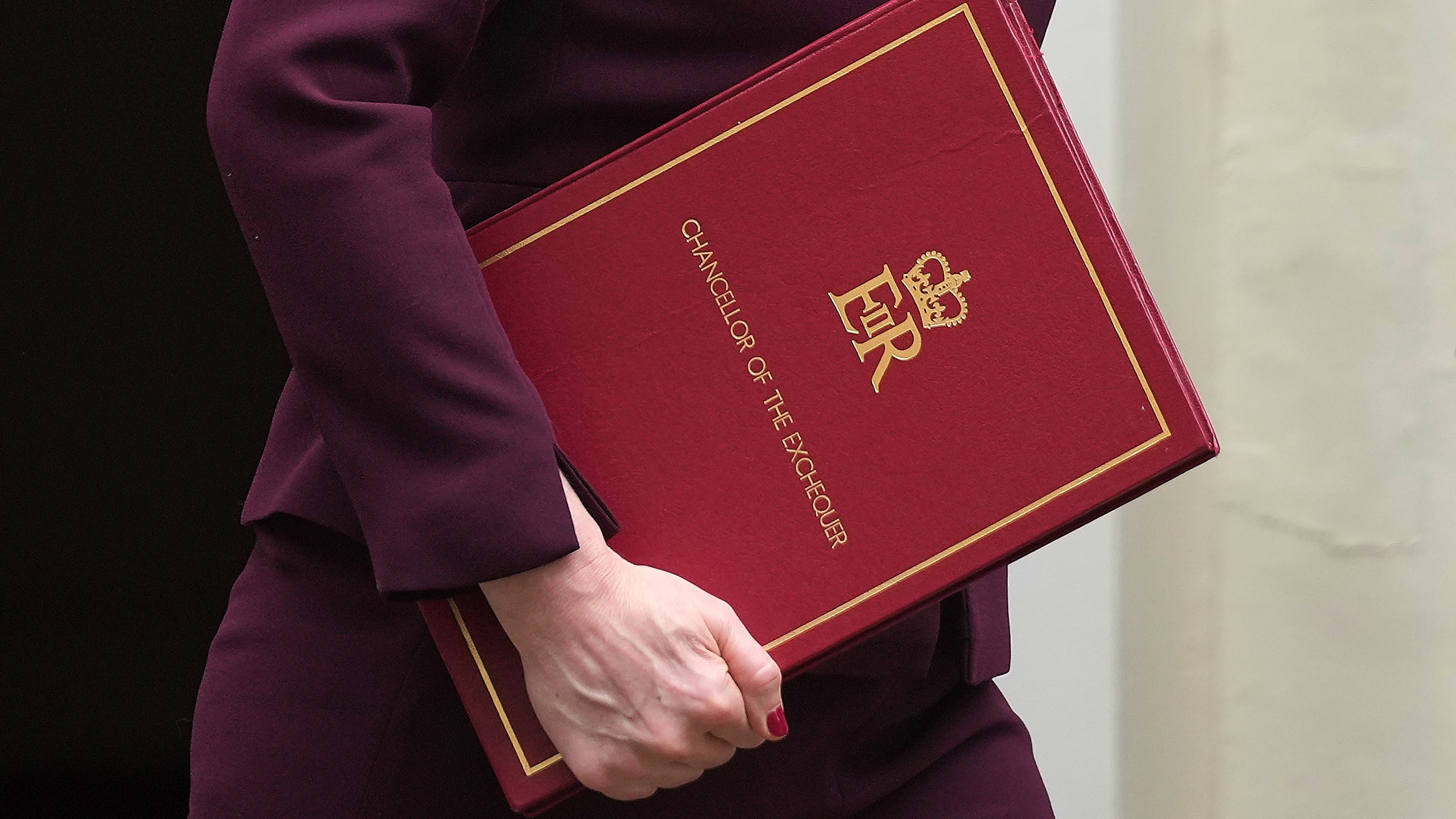E On (EOAN)
E.ON's plan announced in late 2014 to split itself in two recognizes the two divergent paths in which the European energy markets are headed, explains Morningstar analyst Travis Miller. On the one hand, E.ON's network and supply businesses are ripe for growth and investment as customers become more aware of their energy use and renewable energy forces upgrades to the electric grid. On the other hand, legacy fossil-fuel generation has lost much of its value as renewable energy steals market share.
In effect, the split-off of E.ON's commodities businesses acknowledges that investors have soured on the diversified utility model a decade after it came into vogue. E.ON was founded in 1920 as Germany's national power company, but deregulation in the early 2000s spurred a worldwide shopping spree capped by an €11.5 billion acquisition of Enel and Endesa assets in June 2008. At its height, E.ON owned significant positions in the United States, United Kingdom, Scandinavia and continental Europe.
The European financial crisis, commodity market collapse, and worldwide recession led management to reverse course in 2009. Management has cut operating costs; sold EUR 20 billion of assets since 2011; and focused growth investment on renewable energy, Russia, and Latin America.
Elekta (EKTA)
Buoyed by growing demand for radiotherapy, or RT, Elekta should enjoy strong sales momentum for the next decade, says Morningstar analyst Alex Morozov. The RT industry has consolidated substantially over the past decade, and the two companies are in a prime position to benefit from a market we believe is growing in the mid-single digits.
Investors seeking to capitalize on the future of cancer treatments typically focus on drug therapies, which tend to be high-risk/high-reward opportunities. The radiotherapy market doesn't have the pizzazz of the cancer drug market, but its growth prospects are attractive. Despite the well-understood mechanism of action, we're in the early stages of RT adoption.
Even though RT is highly effective in treating certain cancers at a relatively low cost, its penetration rates have long been hindered by its side effects. The latest advances in technology that allow for higher dosage and a more precise delivery of radiation address many of the concerns surrounding RT and significantly expand the potential marketplace.
RWE (RWE)
RWE remains one of the largest electricity and gas suppliers in Europe, including the largest power producer in Germany and the Netherlands, says Morningstar analyst Travis Miller. But RWE's focus has shifted from being a leading power generator to a leading retail supplier as collapsing power prices and environmental concerns have crushed the economics for its legacy coal, gas, and nuclear fleet. The bulk of its €2 billion of annual investment is now going toward renewable energy, home services and improving the efficiency of the power grid.
Shareholders have borne the brunt of this restructuring. RWE issued €2.1 billion of new equity in late 2011 and has cut the dividend to €1 per share from €3.50 in 2010. RWE made its biggest move in 2014, agreeing to sell its upstream oil and gas business, RWE Dea, for €5.1 billion. This and other divestitures have taken about €7 billion out of its book value since 2011. Weak power markets and energy demand mean earnings will probably continue to fall at least through 2016, but RWE's strategic shift should create a more stable earnings base in 2017 and beyond.






























